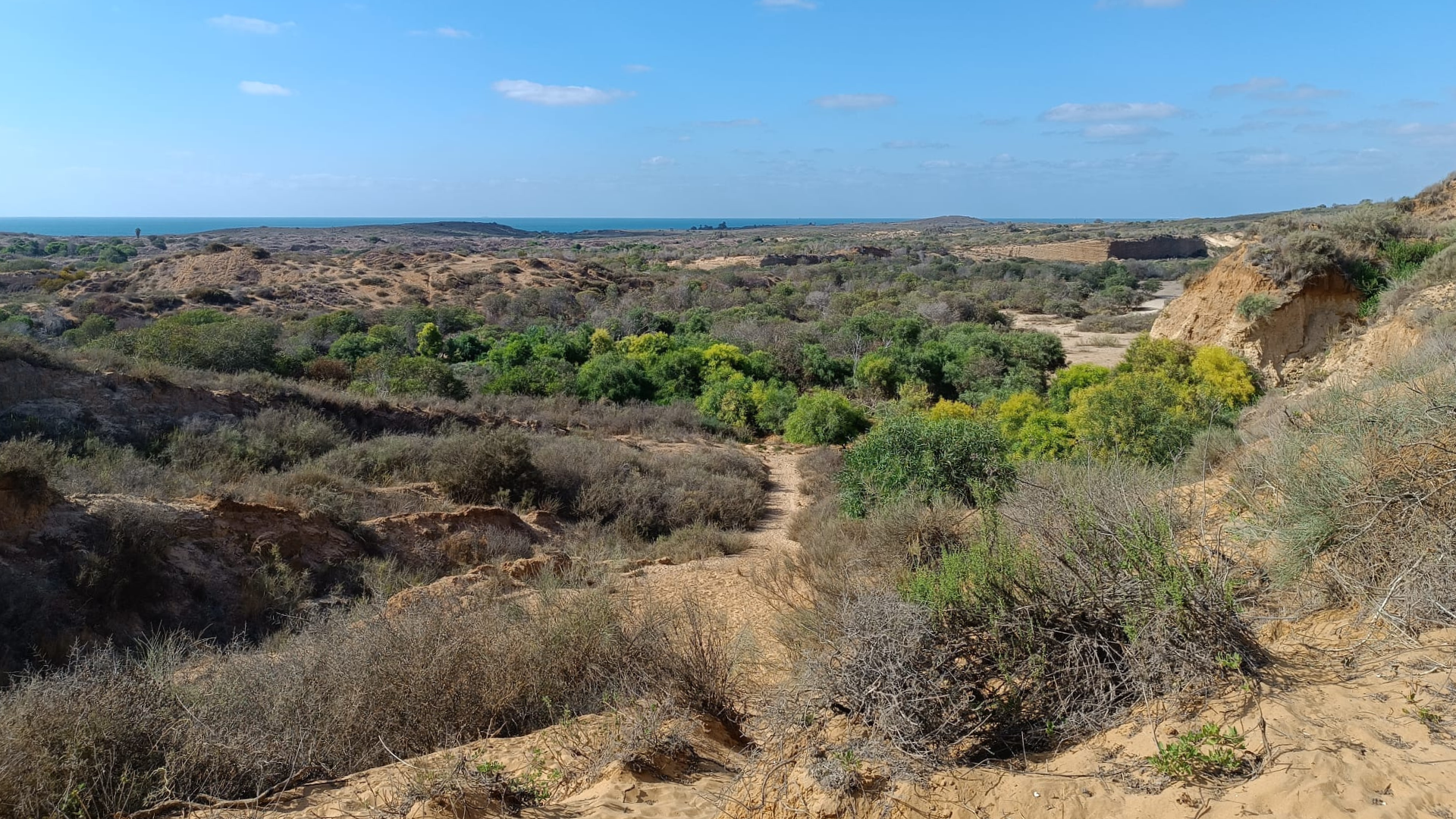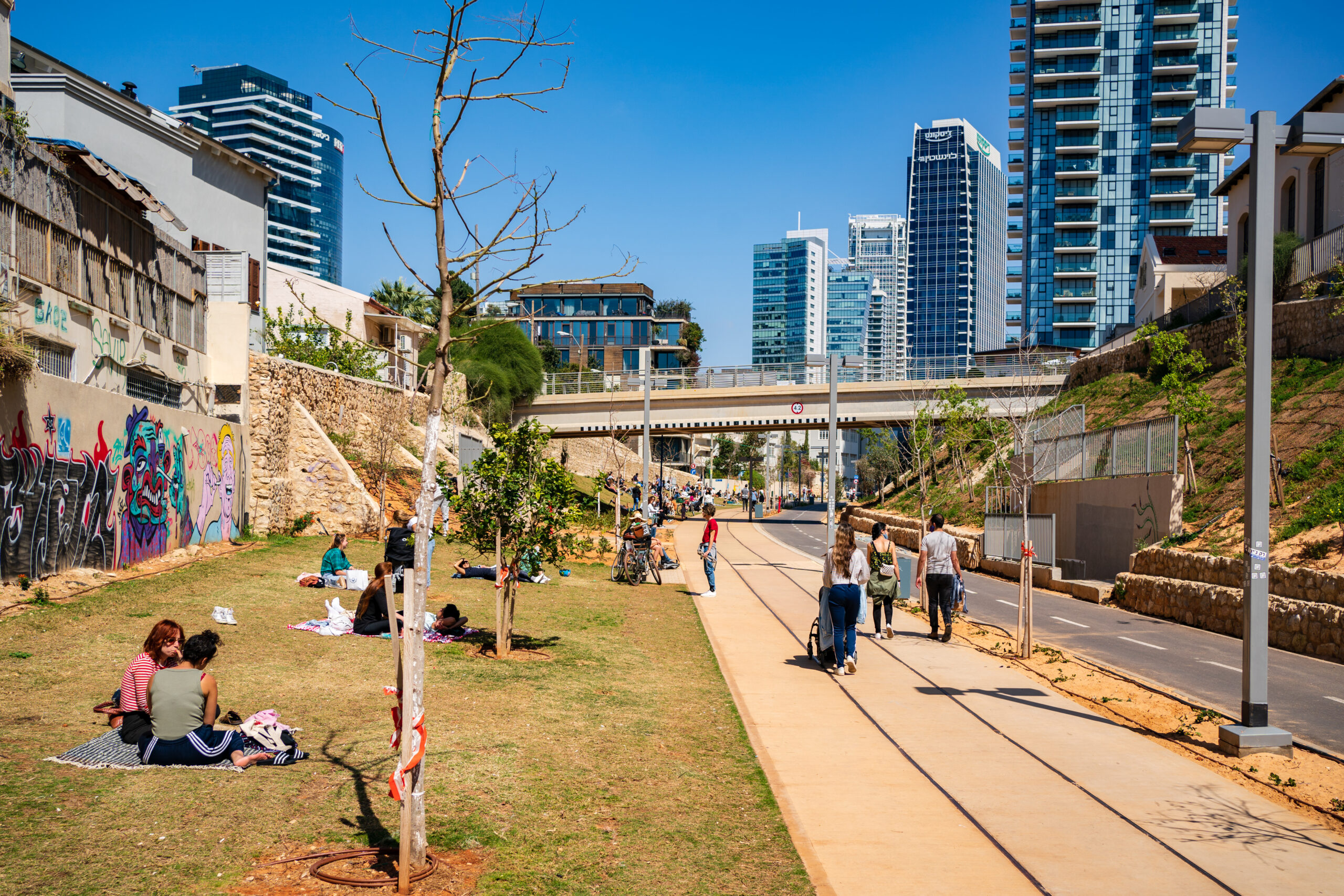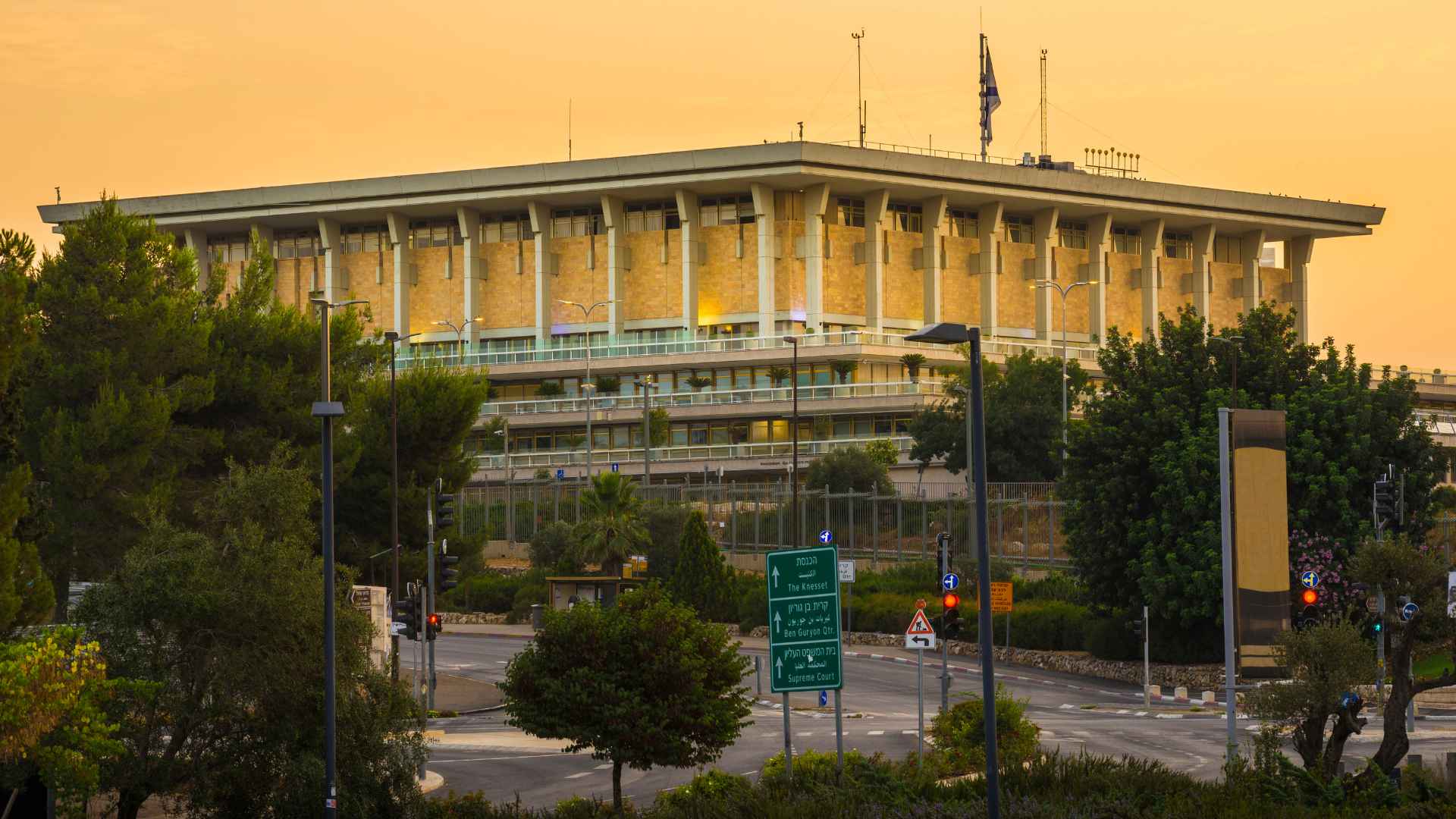The Dead Sea, located on the east of Israel with the border with Jordan running through it, is the lowest point on Earth. Its high mineral content has brought visitors throughout the ages, to enjoy the medicinal and restorative powers of this natural spa.
Despite its great importance, the Dead Sea region is in a state of continuous ecological deterioration, manifested in the lowering of the sea level, changing of the landscape, and formation of sinkholes. This damages tourism, agricultural areas, infrastructure, and leads to the closing of bathing beaches and the lack of access to the public to several parts of the Dead Sea.
The Dead Sea is shrinking at an alarming rate; 1.2 meters (four feet) every year, and close to 25% of the shrinking of the Dead Sea (according to Adam Teva V’Din research) is from water taken and used for commercial use.
In 1961 the State issued the Concession Law, granting a series of franchisees exclusive rights to extract and exploit the mineral resources of the Dead Sea. The current franchisee, the Dead Sea Works, draws about 450 million cubic meters per year from the northern basin to the evaporation pools, for the production of minerals, especially potash. To reach and clean the minerals, millions of cubes of local groundwater is needed and used…for free.
The Concession Law ends in 2030.
Adam Teva V’Din believes that all natural resources should be managed with full transparency by the State. As such, the Dead Sea is a natural resource the State holds in trust for the public including future generations. To a large extent, the State has turned its back on the doctrine, yet the end of the current Concession Law in 2030 offers an excellent opportunity for the government to build, with full public transparency, a more appropriate legal framework for managing the environment of the Dead Sea. Adam Teva V’Din has already participated in the Ministry of Finance’s hearings in the Knesset, and intends to watchdog the development of a new law and all its parameters.






